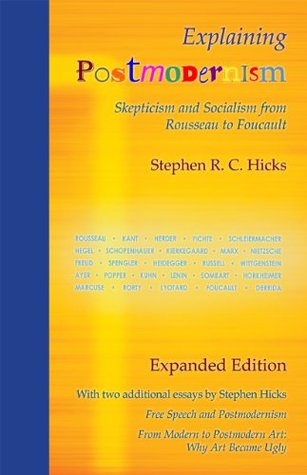Following Hamann, Schleiermacher held that feeling, especially religious feeling, is a mode of cognition, one that gives us access to noumenal reality. Except, argued Schleiermacher, these feelings are not so much directed outward as inward. One cannot grasp noumena directly, but one can phenomenologically inspect oneself, one’s deepest feelings, and therein find indirect senses of the divine ultimate.[55] As Hamann had stated, directly confronted religious feeling reveals one’s essential nature.
Welcome back. Just a moment while we sign you in to your Goodreads account.


